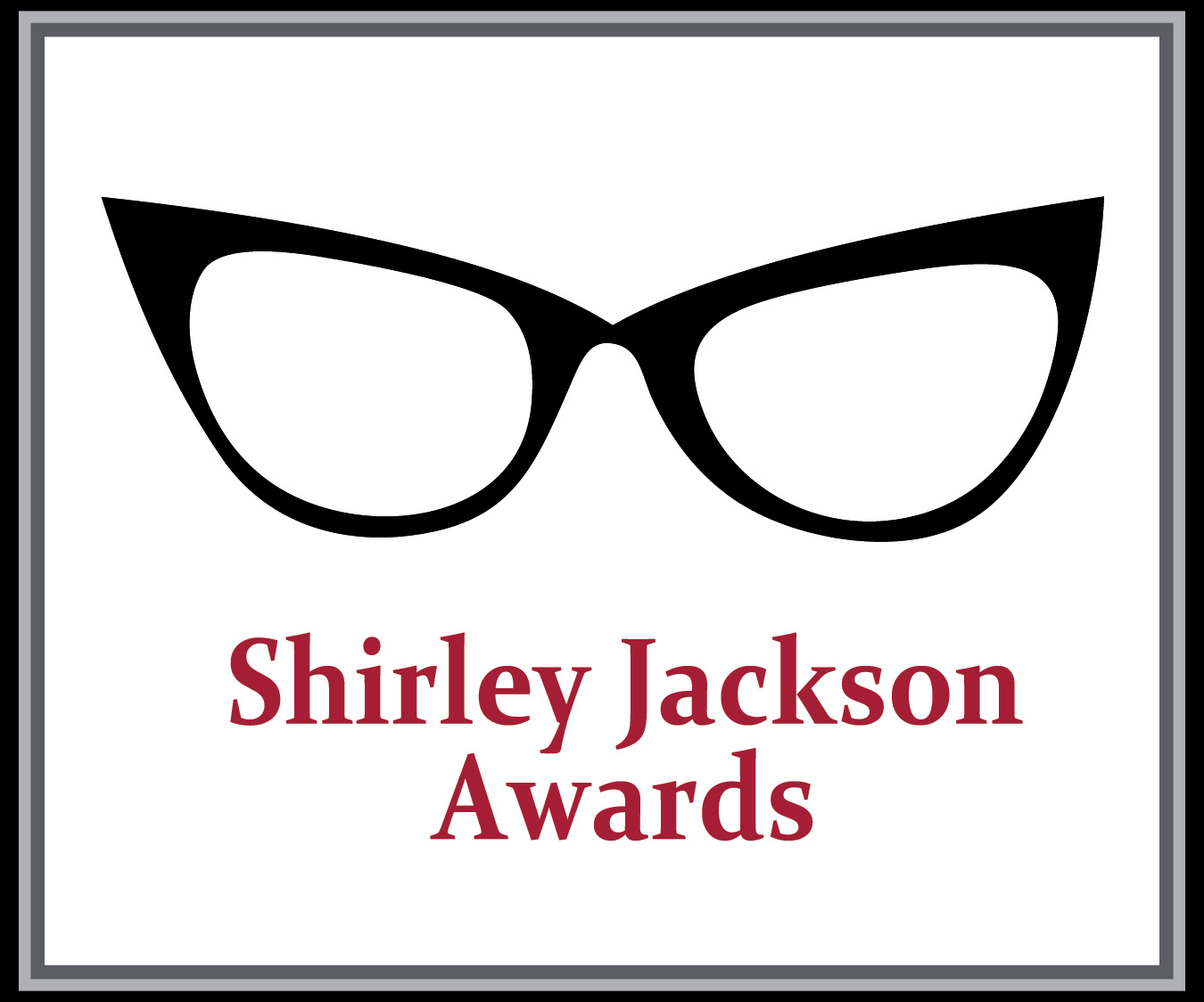Michael Byers
Hi! Thanks for agreeing to do the interview. What impressed me with The Broken Man is how the voice sounds authentic. What kind of research did you have to do for the book?
I’m a little chagrined to admit that my research for this book was very minimal — that my sense of Gary Rivoli, movie director, haunted by lost opportunities and an artistic decline, was informed much more by my sense of artists and creators in general rather than by a sense of how movies are actually made. So while I knew enough about the movie business generally (from documentaries, books, and so on) to — evidently — put forward a reasonably plausible version of things, I actually saw Gary as a standin for all of us — writers, painters, musicians — who have been haunted by works undone. I have never personally been on a movie set, driven a Bentley, flown on a private jet, interacted with monster-effects crews, sat zazen naked by my poolside, employed a Mexican cook, bought historically significant paintings, or been stalked by a deadly witch.
What made you decide to combine external horror with psychological horror?
I suppose I imagined them as being twin aspects of a single thing — that Gary’s condition is, arguably, something that he has generated himself, but that from there it has actually propagated into the external world. Gary’s early life decisions have led him to a point of spiritual emptiness and crisis, and it is this emptiness that Alice White, the witch, has somehow detected and exploited. It is never exactly made explicit in the novella whether Gary Rivoli’s visions of a terrible monster are literal or figurative, because I didn’t want the work to slide over into the purely fantastical. Everything that happens in the novella could literally happen, since most of the true horror occurs in Gary’s mind, and the final scene could be argued to be in his mind as well. I found that marrying the external imagery with his deteriorating psychological state was a natural thing, and allowed me to take Gary’s suffering as seriously as I would take anyone else’s.
What is it about the novella format–and how it affects the way horror is written–that appeals to you?
I’d suggest the novella form demonstrates a tendency not only toward concision but toward narrative speed, which corresponds nicely to the state that Gary finds himself in — suddenly under pressure, barely keeping up with his own mind as it attempts to save itself. The natural claustrophobia of the form also allows the creation of a world-within-a-world — there is a sense, I think, of a separate space that occurs within, but also is distinct from, the quotidian environment we all know. Novellas in this way can be at once intensely surreal and intensely realistic — and I hope I exploited these aspects of the form in sending Gary to his particular fate.
(Please help support the Shirley Jackson Awards. Donate here.)
